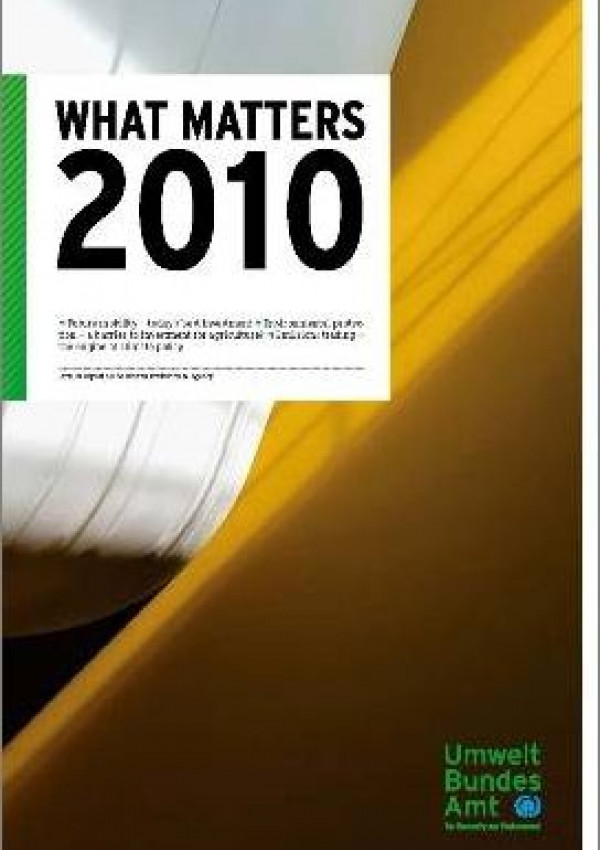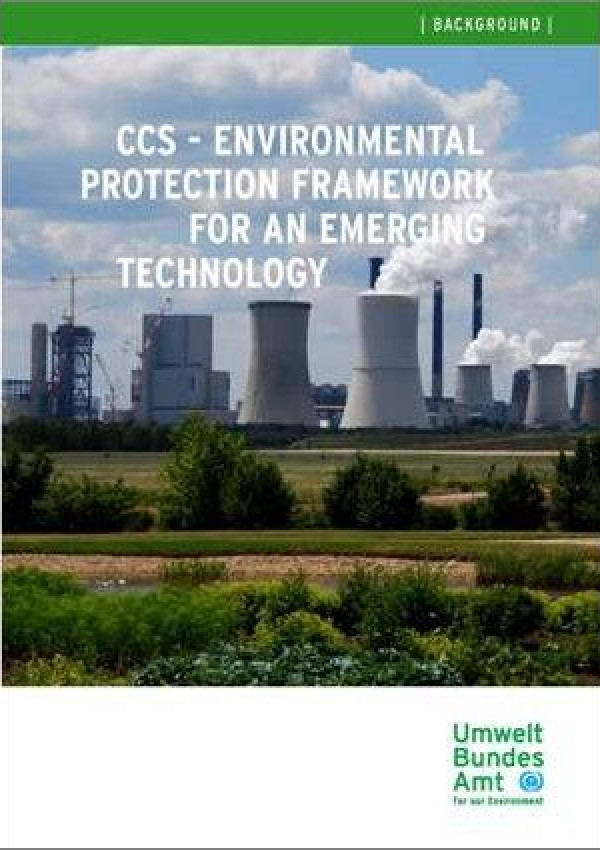Sustainability | Strategies | International matters
What Matters 2010
Annual Report of the Federal Environment Agency
Engines have become more efficient over the past ten years, but this increase in efficiency has been offset to a large extent by greater comfort and higher performance. German automakers will have to adjust their policy. - Future mobility – today‘s best investment - Environmental protection – a barrier to investment for agriculture? - Emissions trading – the engine of climate policyread more




